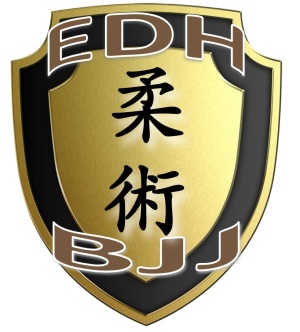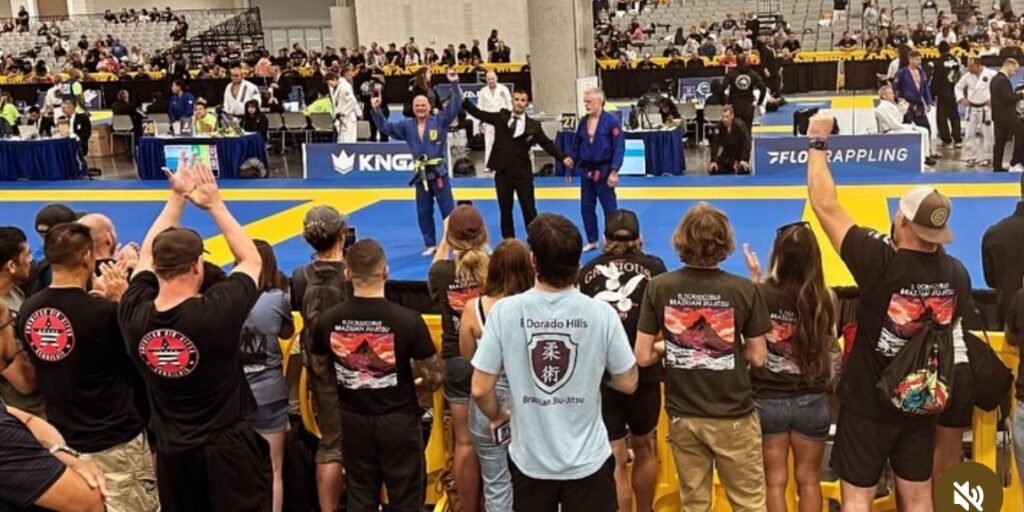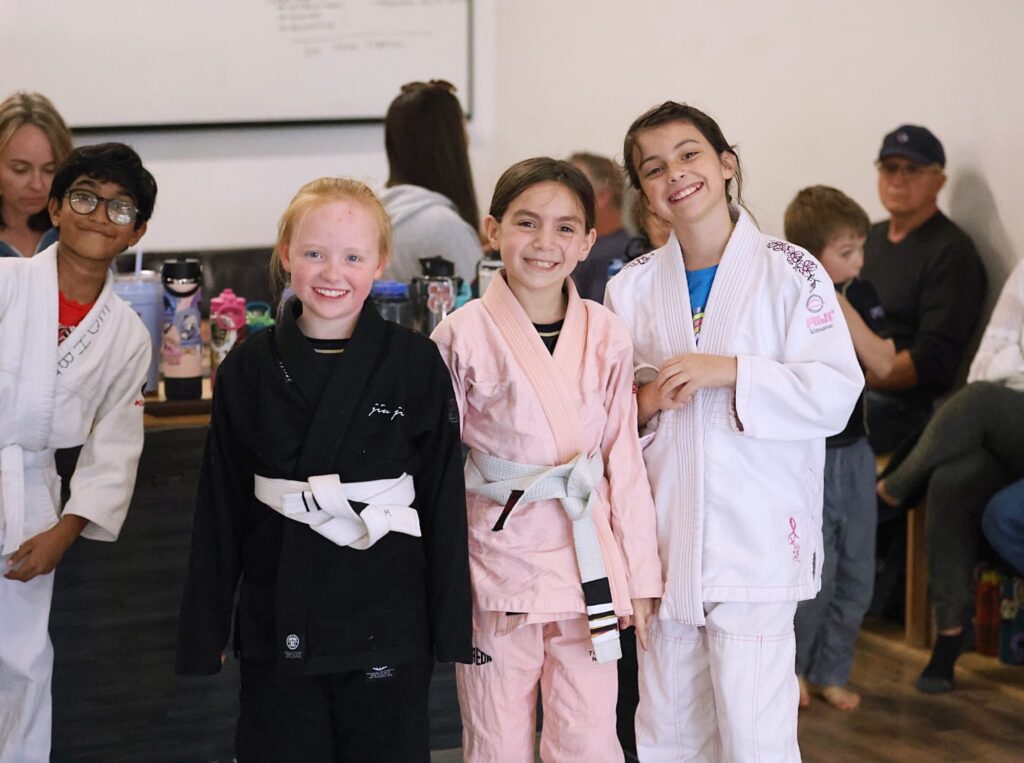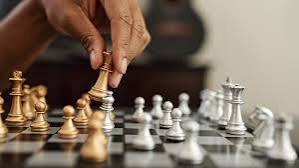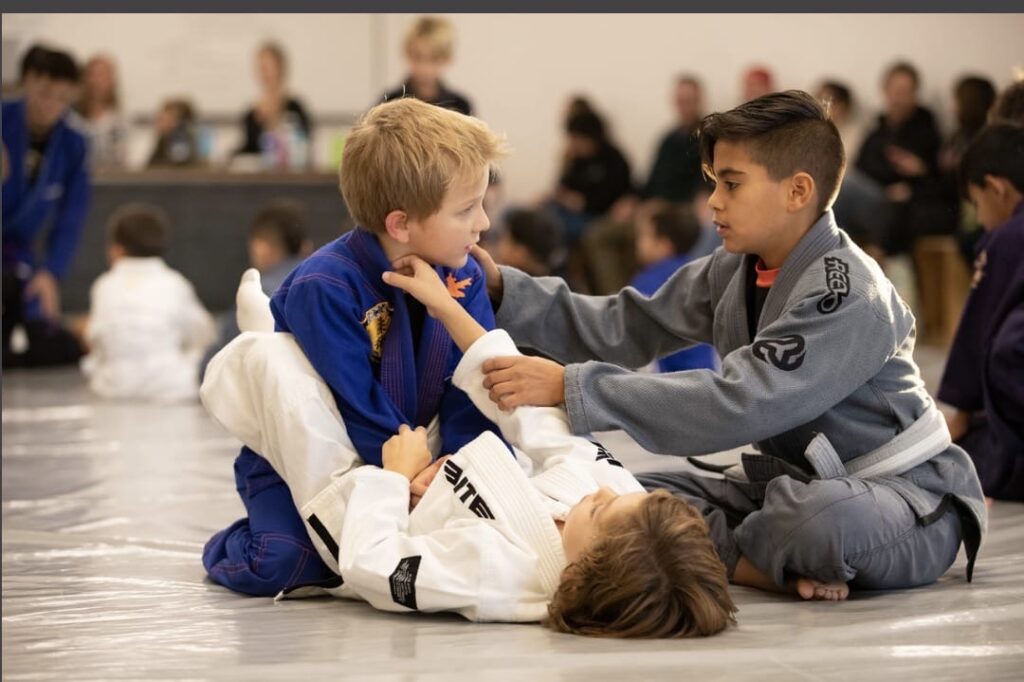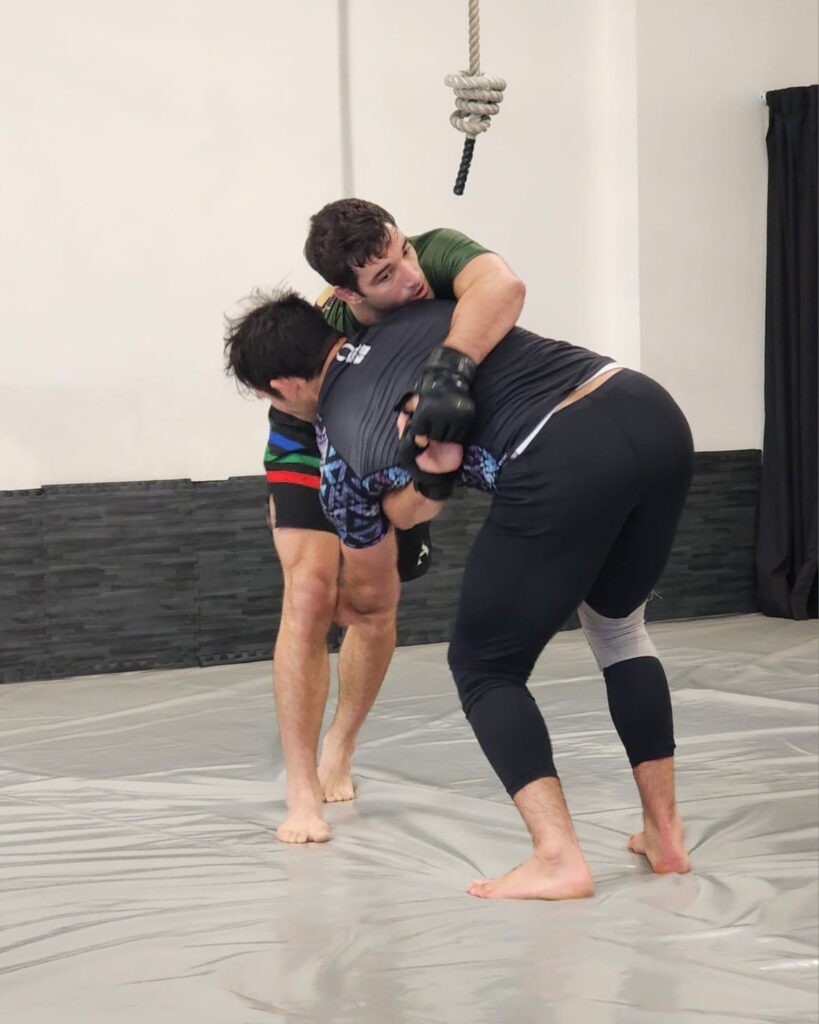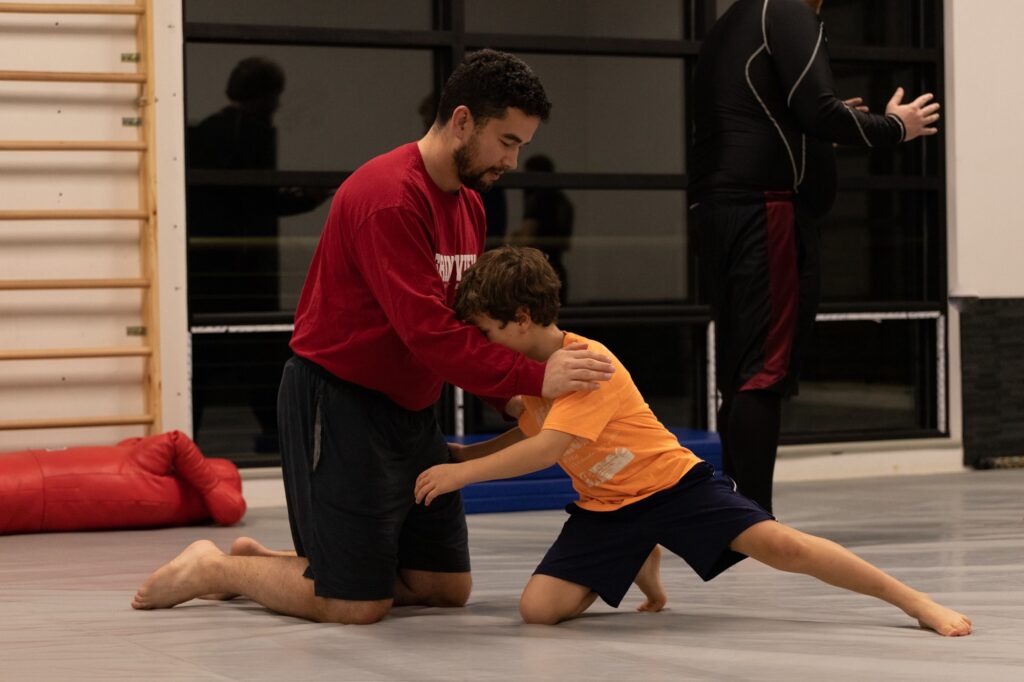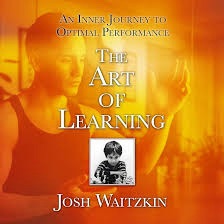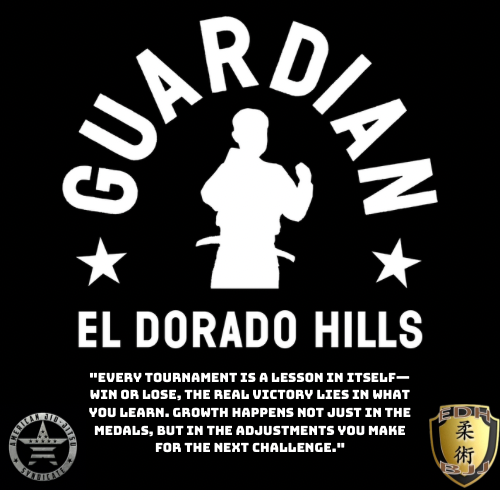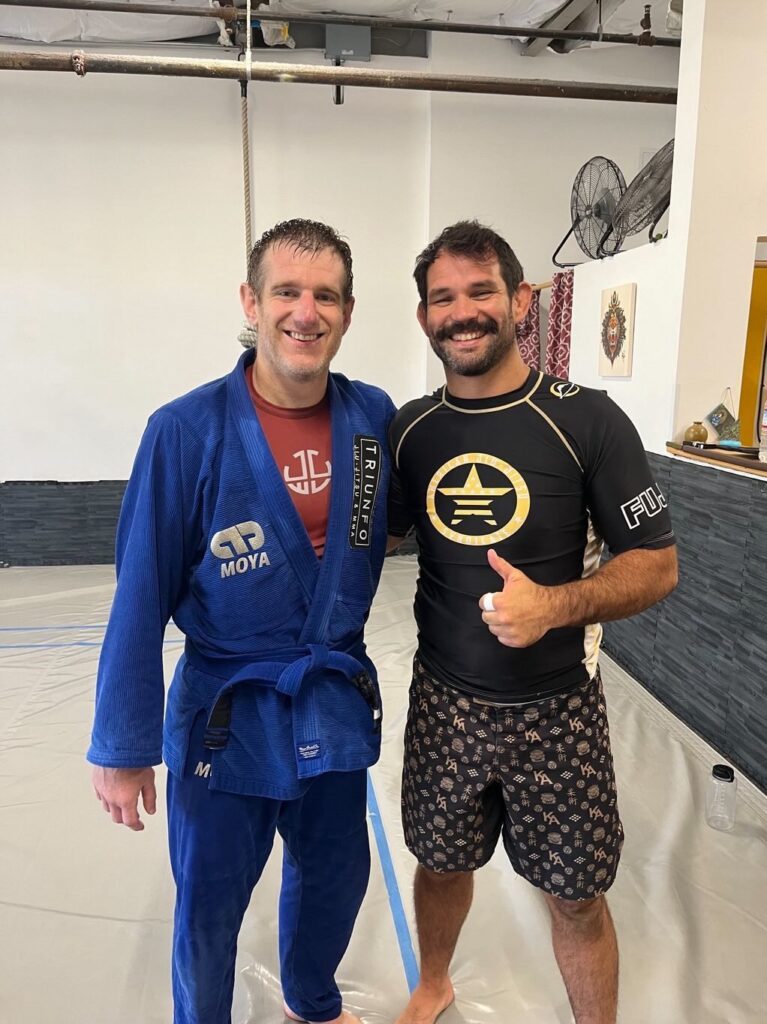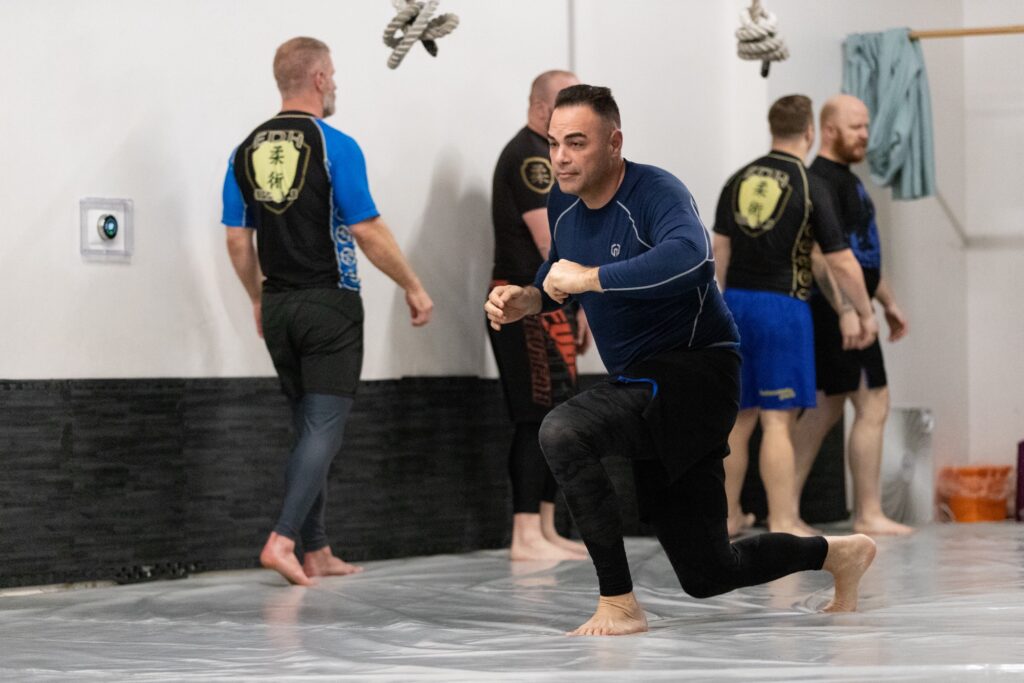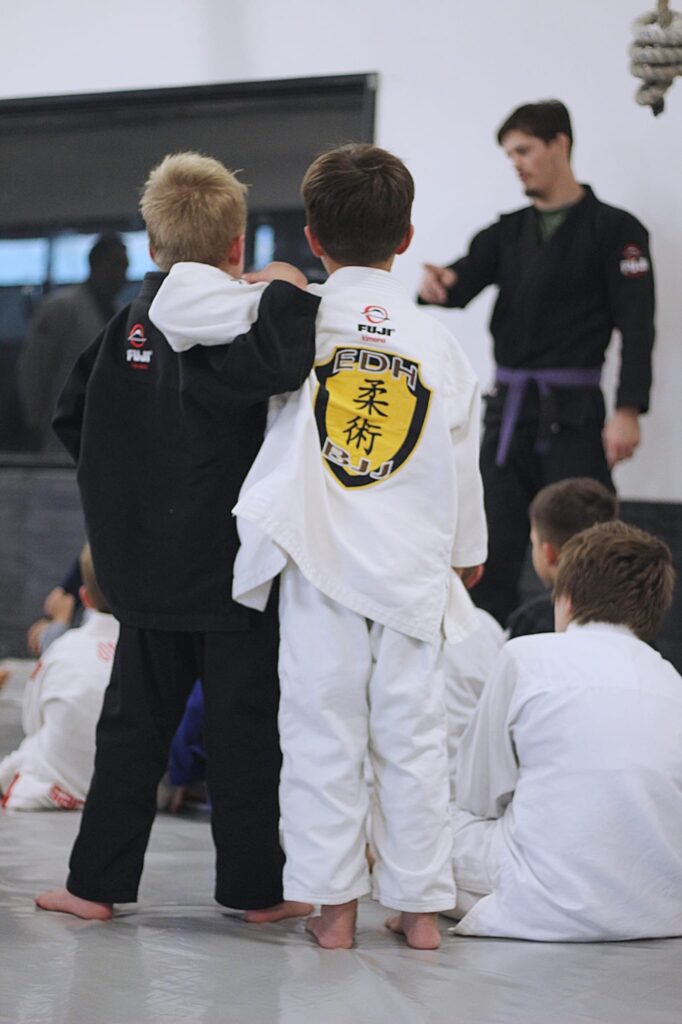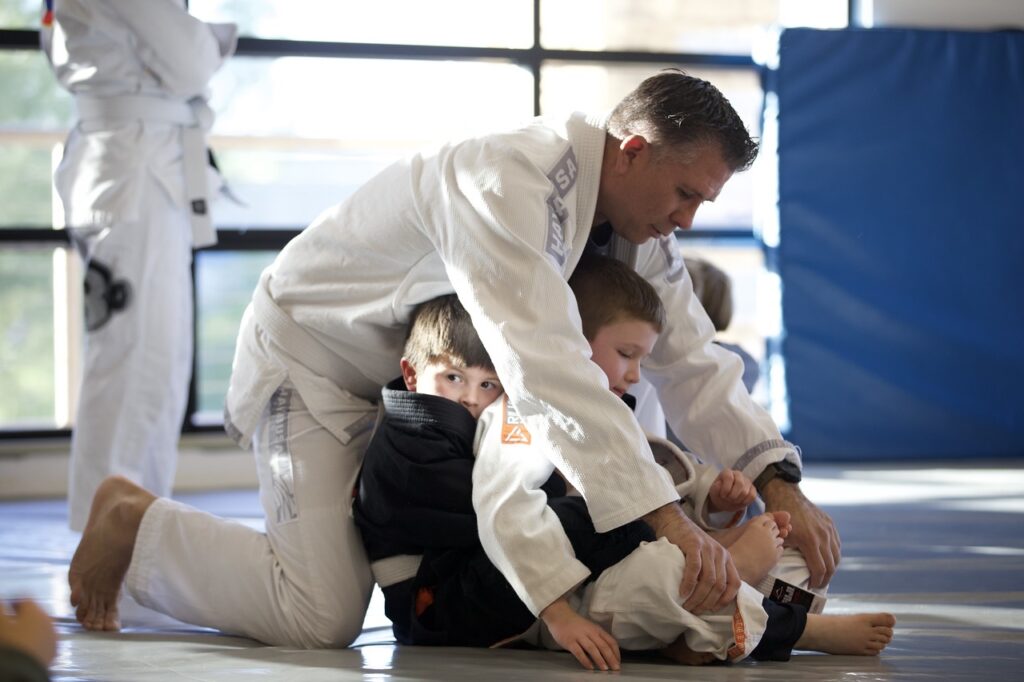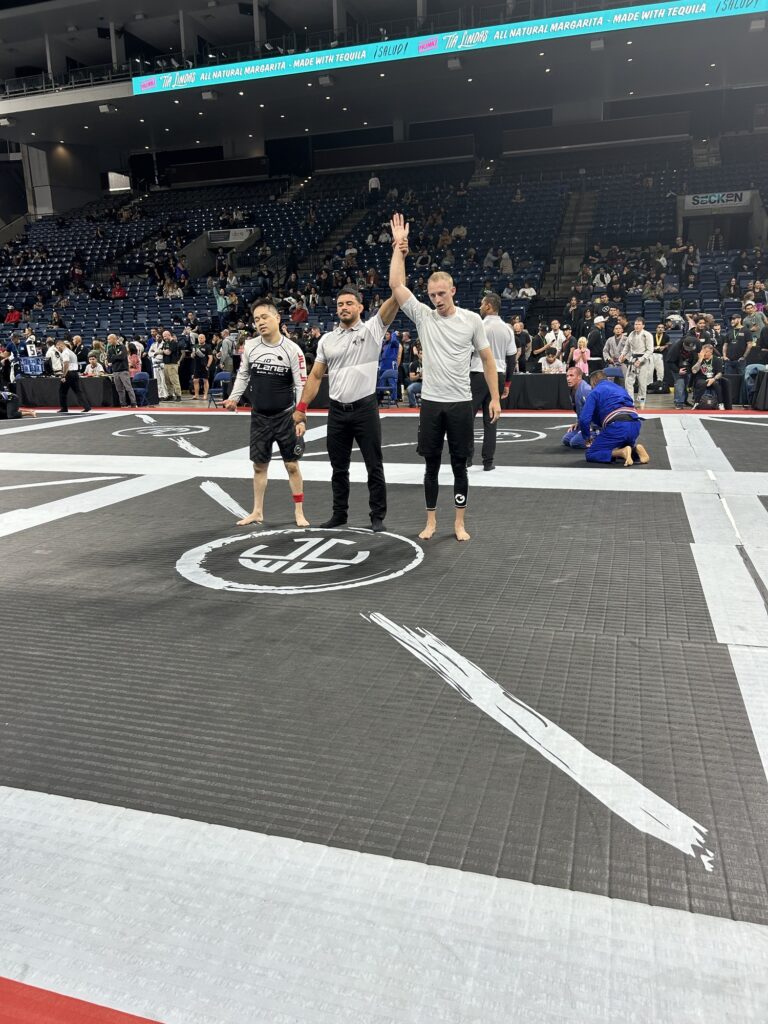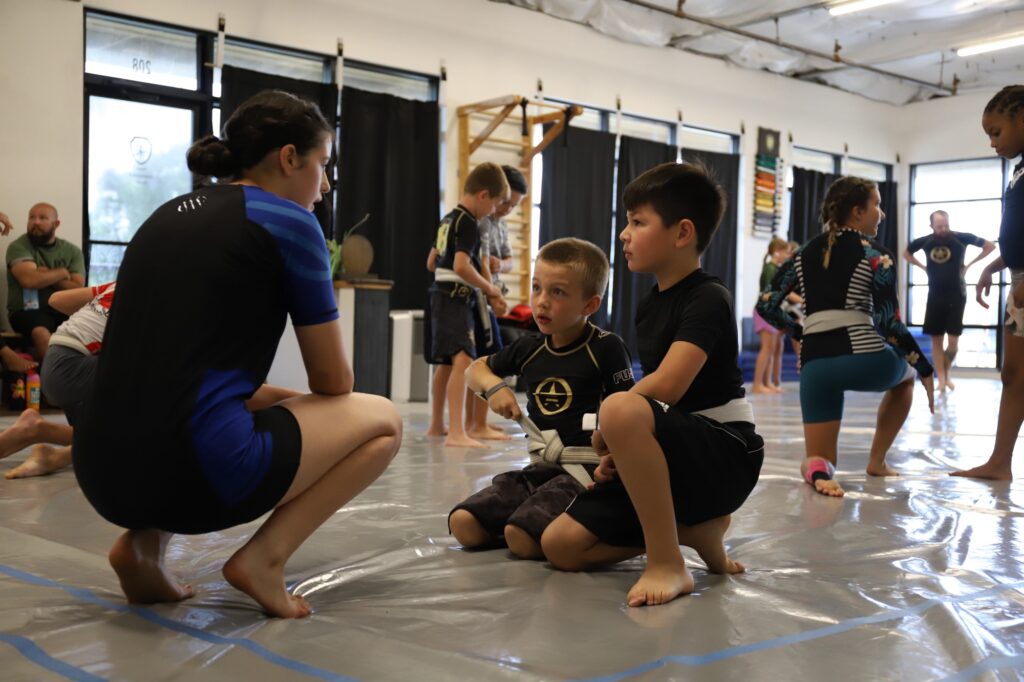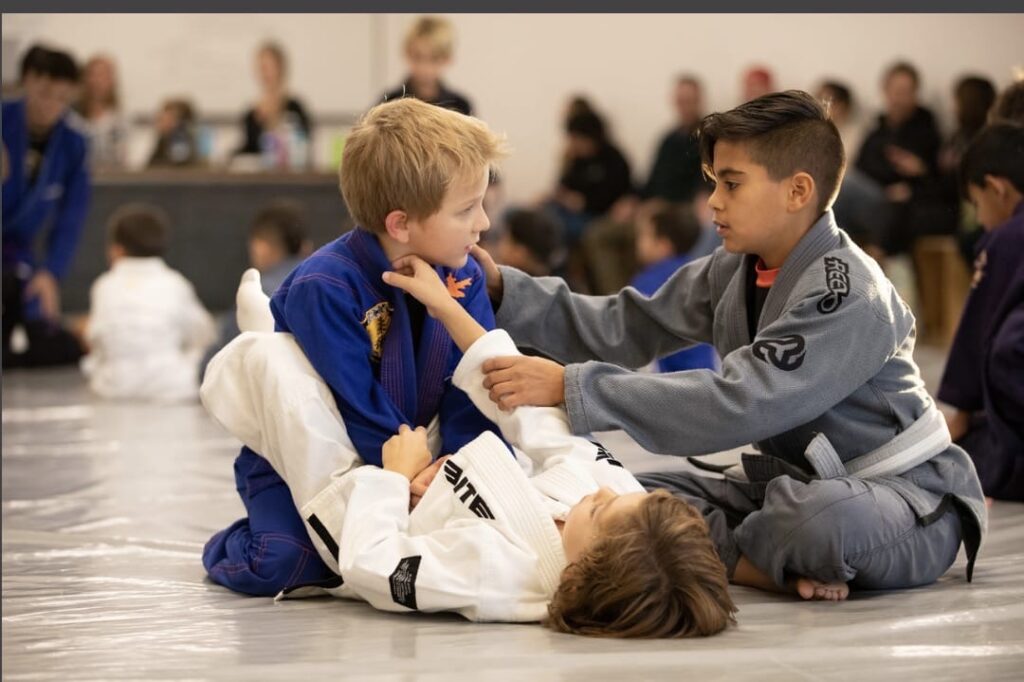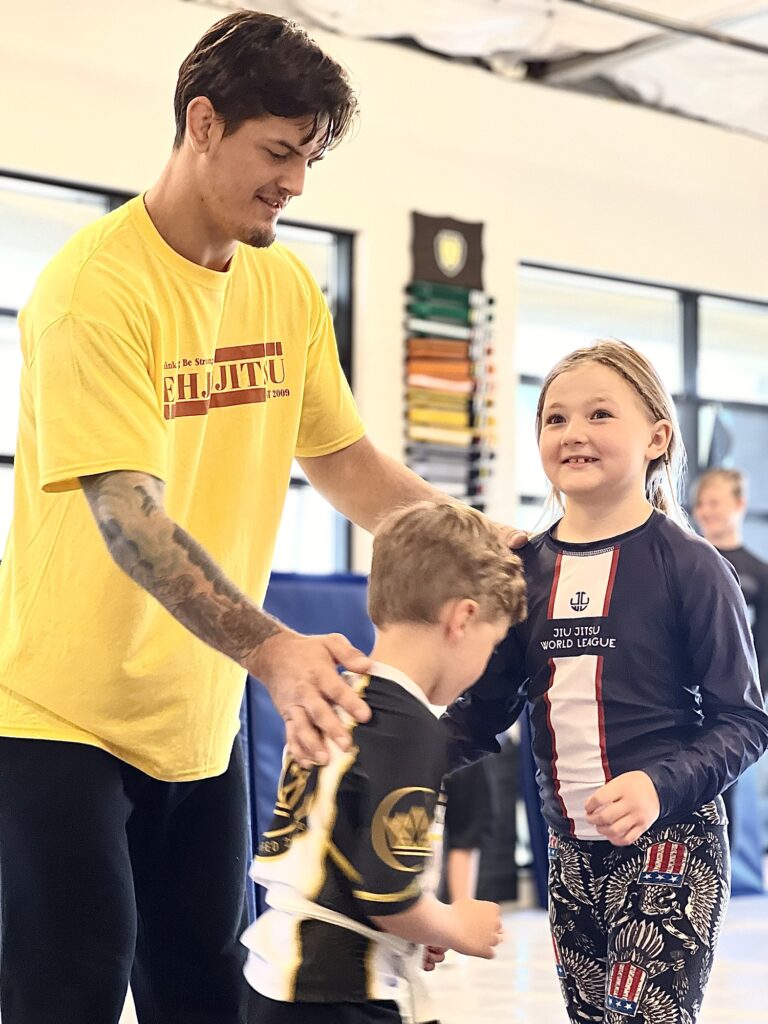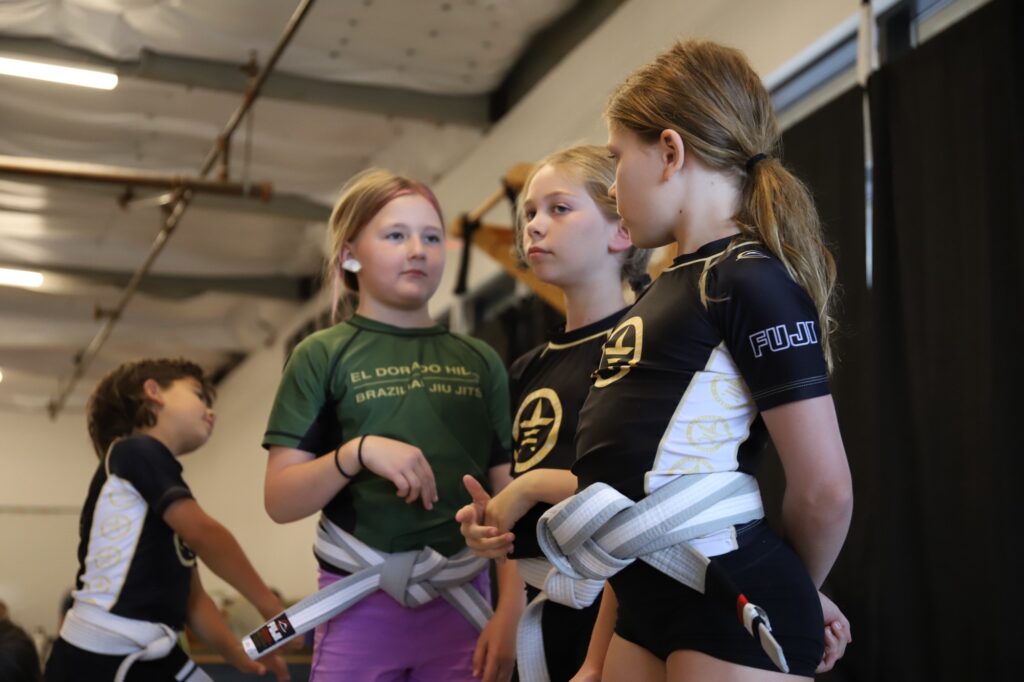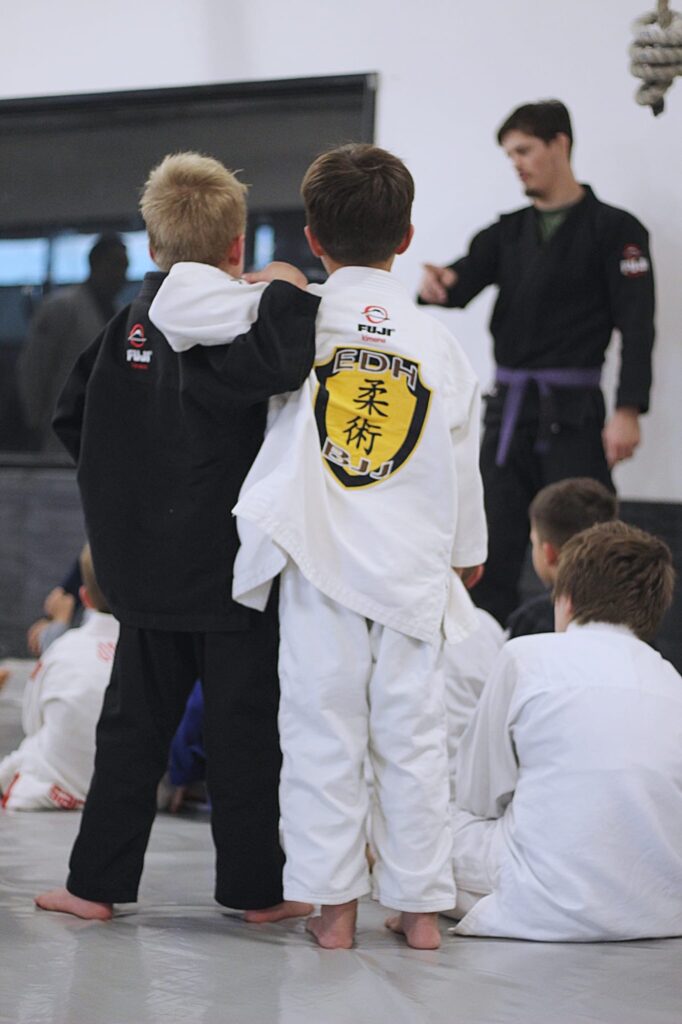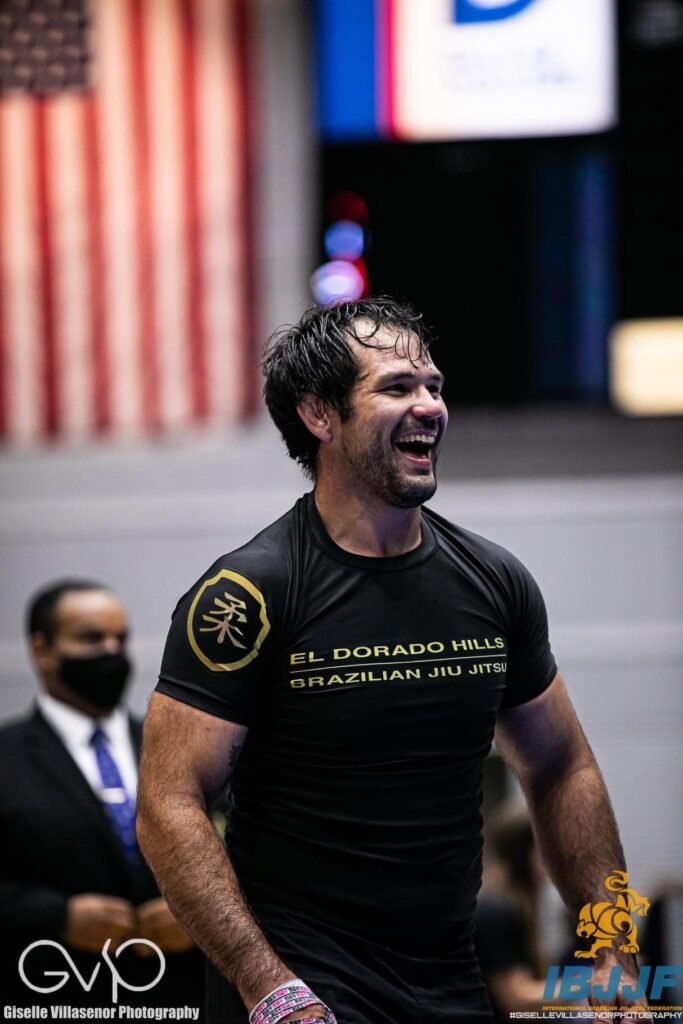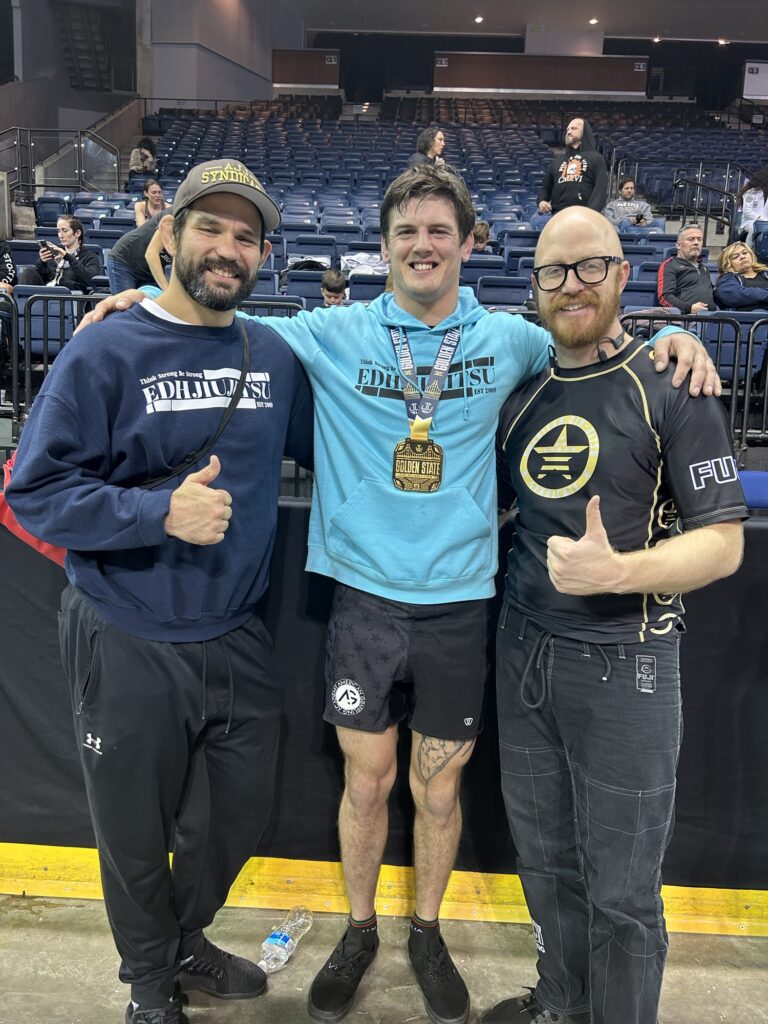
At El Dorado Hills Jiu Jitsu, one of the most common questions among students is, “Should I focus on winning in practice or on learning?” The answer isn’t always straightforward because both “winning” and “learning” have their place on the mats. Each approach has distinct benefits, and understanding when to prioritize one over the other can make a huge difference in your progress and overall experience in Brazilian Jiu Jitsu (BJJ).
Let’s explore the similarities and differences in practicing to win versus practicing to learn — and how each can help you grow as a martial artist.
Practicing to Win: Building Confidence and Execution
When you practice to win, your focus is on using techniques and strategies you’ve already mastered to come out on top in live training. You’re aiming to execute moves decisively, maintain control, and work to “win” exchanges or positions. Here are some key benefits:
1. Strengthening Your Core Game: Practicing to win lets you polish techniques you know well, such as the fundamentals of positional control, escapes, and submissions. This helps solidify your “A-game,” or the techniques you’ll rely on in a competitive situation.
2. Building Confidence: Consistently aiming to win in practice can build mental toughness and confidence. When you know you can hold your own against challenging opponents, it reinforces your ability to stay composed under pressure.
3. Testing Techniques in Realistic Scenarios: When you practice to win, you create high-pressure scenarios that mirror competition. This is an ideal way to see if you can execute your go-to moves and strategies under realistic conditions, like keeping guard or setting up a submission against someone actively resisting.
When to Focus on Winning: Practicing to win is especially useful as you prepare for an upcoming competition or want to gauge your current skill level. It’s also a great way to build up confidence after learning a new technique, so you feel ready to use it in a live roll.
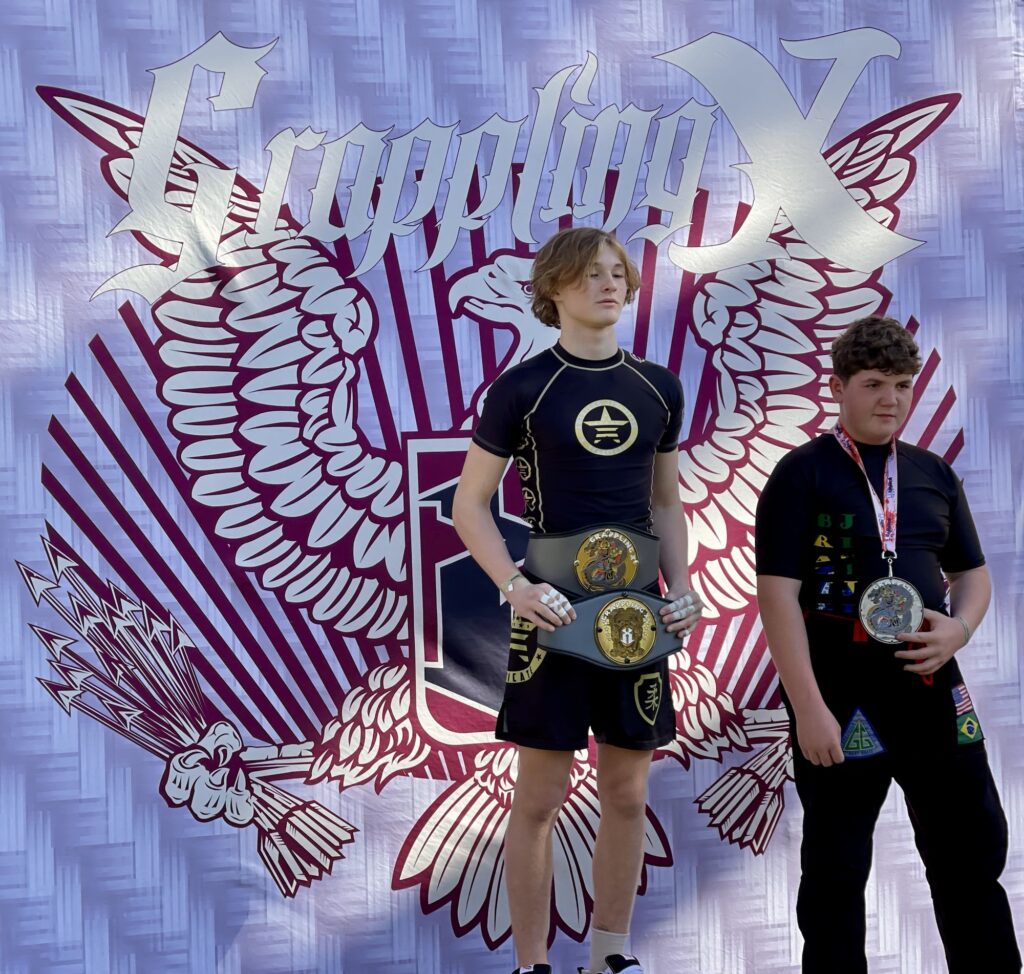
Practicing to Learn: Fostering Growth and Adaptability
On the other side of the coin, practicing to learn means you’re not concerned about “winning” each roll. Instead, you’re experimenting, exploring, and sometimes intentionally putting yourself in less favorable positions to develop specific skills. Here’s why this approach is so valuable:
1. Experimenting with New Techniques: Practicing to learn gives you the freedom to test new moves, entries, or transitions without worrying about the outcome. If you’ve just learned a new guard or submission, training with a learning focus lets you experiment with it until you become comfortable using it in live situations.
2. Embracing Failure as Growth: When you’re open to learning, mistakes become part of the process. Getting swept, tapped, or outmaneuvered provides valuable insights into your game. It shows where you can improve and highlights areas to revisit and refine.
3. Increasing Adaptability and Creativity: Learning-oriented practice encourages you to problem-solve on the fly. This fosters adaptability — a critical skill in Jiu Jitsu. By putting yourself in uncomfortable or unfamiliar situations, you develop the flexibility to adjust to opponents’ actions and explore techniques you may not have considered otherwise.

When to Focus on Learning: Practicing to learn is ideal for regular training sessions where long-term improvement is your goal. It’s also useful if you’re working through a plateau, as it allows you to identify and address weak spots in your game.
Similarities: Discipline, Consistency, and Growth
Both approaches share common values and can enhance your practice in powerful ways. Practicing to win and practicing to learn both require:
• Discipline: Whether you’re aiming to “win” or “learn,” maintaining discipline in your technique and control is essential.
• Consistency: Regular training — with a balance of winning and learning — is what keeps you moving forward in your BJJ journey.
• Commitment to Growth: In both approaches, you’re working to improve your skill set and develop as a martial artist.
Finding the Right Balance
So, which is better? Truthfully, a well-rounded approach that incorporates both is the most effective way to improve. Here are a few tips on achieving that balance:
• Set Intentions Before Practice: Each training session is an opportunity to focus on something specific. Going in with a clear goal, whether it’s sharpening a particular technique or testing out a new one, helps you direct your energy and intentions.
• Alternate Your Focus: Not every session needs to be about “winning” or “learning.” Allow yourself the flexibility to switch your focus based on what you feel needs more attention in your game.
• Talk with Your Training Partners: Letting your partners know what you’re working on, whether it’s drilling a certain move or rolling with full intensity, helps you get the most out of each session.
Growth Through Both Winning and Learning
At El Dorado Hills Jiu Jitsu, we believe that every roll has something to teach. The balance between practicing to win and practicing to learn is what makes Brazilian Jiu Jitsu such a unique and rewarding journey. So, whether you’re focusing on perfecting a skill you know or testing new techniques, embrace both approaches as complementary tools for growth.
Ready to get on the mat and find your balance? Join us for a class and experience how Jiu Jitsu can push you to be your best — both in winning and learning.
